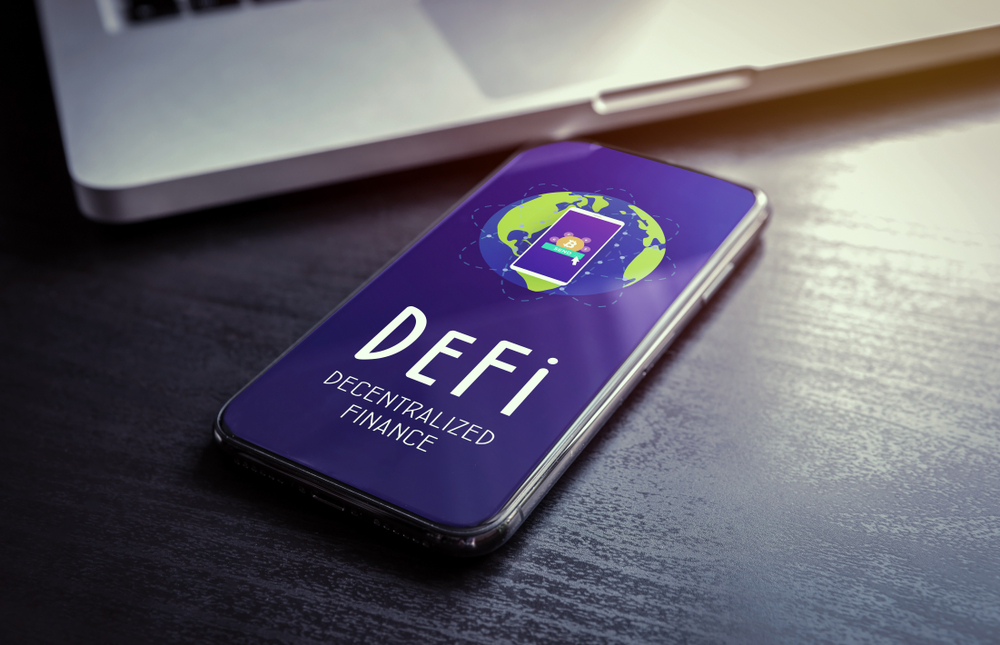Many Decentralized Finance (DeFi) protocols are built on Ethereum. However, increased traffic has caused the blockchain to become slow, prompting developers to turn to other networks, such as Solana. One of the popular DeFi projects that have been built on Solana is Solend, a decentralized borrowing and lending platform.
Solana makes it possible for Solend users to enjoy fast transactions at low network fees. In addition, SOL holders can now lend their holdings to earn interest instead of letting the funds lie idle in their wallets.
In this article, you will understand in depth what Solend is and how it works. Please keep reading.
What’s Solend?
As mentioned earlier, Solend is a protocol that allows Solana users to lend and borrow crypto. When it launched in September 2021, Solend only had a total value locked of about $20 million. That figure grew to $1 billion the following year. Now the protocol is aiming to be the largest lending platform on the Solana blockchain.
Before its inception, Solend emerged winner in the Solana Season Hackathon, which took place in June 2021.
How Does Solend Work?
As a decentralized protocol, Solend allows anyone to open an account and deposit funds to start lending. Furthermore, users can use their deposits as collateral to borrow loans.
Solend has automated its borrowing system, making it easier for users to access loans than when borrowing funds in traditional financial institutions. The protocol’s smart contracts have codes that set borrowing limits and collect interest on behalf of the lenders.
Anyone who lends their crypto earns interest based on APY (annual percentage yield). In addition, they receive extra rewards in the form of Solend’s native token, SLND.
How Does Crypto Lending Work on Solana?
To lend or borrow loans on a Solana-based platform like Solend, one is required to have a Solana wallet with enough SOL to pay gas fees. With several cryptocurrencies now supported on Solana, DeFi projects built on the blockchain allow the lending and borrowing of various crypto assets.
How Does Solend Earn?
Solend charges fees for facilitating loans on the protocol. A percentage of the fees collected is channeled to the protocol’s treasury to serve as an insurance fund in case Solend gets exploited.
Risks Associated With Using Solend
Vulnerability of Smart contracts
An unidentified shortcoming in Solend’s smart contracts may be exploited by hackers, leading to severe losses.
100% Utilization of Funds
100% utilization means no funds remain in liquidity pools; therefore, borrowers cannot take out loans. It happens when users borrow funds but fail to repay.
Liquidations
Although Solend provides overcollateralized loans, every borrower must not forget how volatile the crypto market is. The quick price movements may cause a user’s loan to be undercollaterized, leading to liquidation. That said, it is advisable for borrowers to keep a closer eye on their loans.
Large, Single Borrowers
A large, single borrower (whale) poses a huge risk to the Solana network’s native token. For example, last June, a whale had an unpaid loan of $110 million in USDC, which was collateralized with $180 million in SOL. All was well until the SOL price started declining, driving the whale’s account toward the liquidation threshold. Lucky enough, the Solend developers successfully reached out to the whale, who agreed to add more collateral. In case the large borrower had refused to increase collateral, it would have led to over 3 million SOL getting dumped, causing the token price to slip further.
The Future of Solend
Solend has proven that Solana-based DeFi protocols can be as successful as those on the Ethereum network. Its growing total value locked indicates that more people are joining the protocol.
Although there are several risks associated with lending and borrowing platforms, how the Solend developers handled the whale issue raised the credibility of the protocol.
As the developers continue addressing various vulnerabilities to ensure safety, it is likely that Solend will keep attracting more users.
